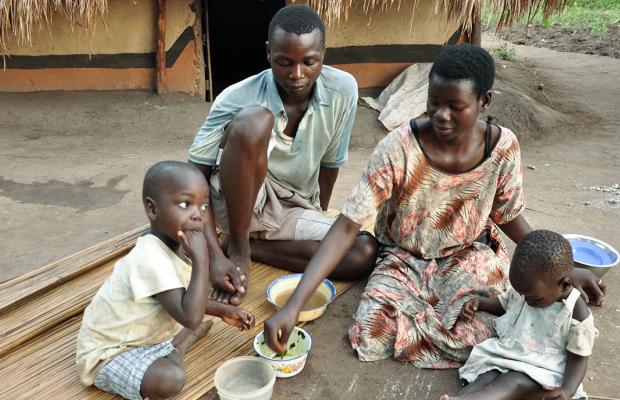
Kampala, Uganda | THE INDEPENDENT | The World Health Organisation –WHO is calling for a new approach to deal with rapidly changing food systems, which have driven low and middle-income countries into the two extremes of malnutrition– undernutrition and obesity.
A new report, published in the British medical science publication The Lancet on Monday, suggests that, all relevant policies and investments must be radically re-examined in order to avert effects across generations as both maternal undernutrition and obesity are associated with poor health in offspring.
Francesco Branca, the director of the Department of Nutrition for Health and Development says that countries can no longer be characterized as low-income and undernourished, or high-income and only concerned with obesity. “We are facing a new nutrition reality,” she added.
According to the report, fewer fresh food markets and the control of the food chain by supermarkets and eating unhealthy food is increasing the risk of non-communicable diseases, such as type 2 diabetes, high blood pressure, stroke, and cardiovascular disease. It adds that such availability of ultra-processed foods is inked to increased weight gain across countries.
“All forms of malnutrition have a common denominator – food systems that fail to provide all people with healthy, safe, affordable, and sustainable diets. Changing this will require action across food systems – from production and processing, through trade and distribution, pricing, marketing, and labelling, to consumption and waste. All relevant policies and investments must be radically re-examined.”
The report recommends high-quality diets to restrict both undernutrition and obesity. Elements include optimal breastfeeding practices in the first two years, fruits and vegetables, grains and seeds; cutting back on meat and avoiding food with high levels of sugar, saturated fat, trans fat, and salt.
The report declares that action to address malnutrition has historically not taken account of key factors, including early-life nutrition, diet quality, socioeconomic factors, and food environments.
In fact, it adds, some programmes addressing undernutrition may have unintentionally increased the risk for obesity and diet-related non-communicable diseases, in low-income and middle-income countries where food environments are changing rapidly.
Examples of actions that can deal with undernutrition and obesity range from improved antenatal care and breastfeeding practices, to social welfare, and to new agricultural and food system policies which have healthy diets as their primary goal.
The authors of the report called on governments, international organizations and the private sector to invite new areas of society, such as grass-roots organizations, farmers and innovators, to join them in a fresh bid to address the double burden of malnutrition.
“Without a profound food system transformation”, said Dr Branca, “the economic, social, and environmental costs of inaction will hinder the growth and development of individuals and societies for decades to come.”
******
URN
 The Independent Uganda: You get the Truth we Pay the Price
The Independent Uganda: You get the Truth we Pay the Price


